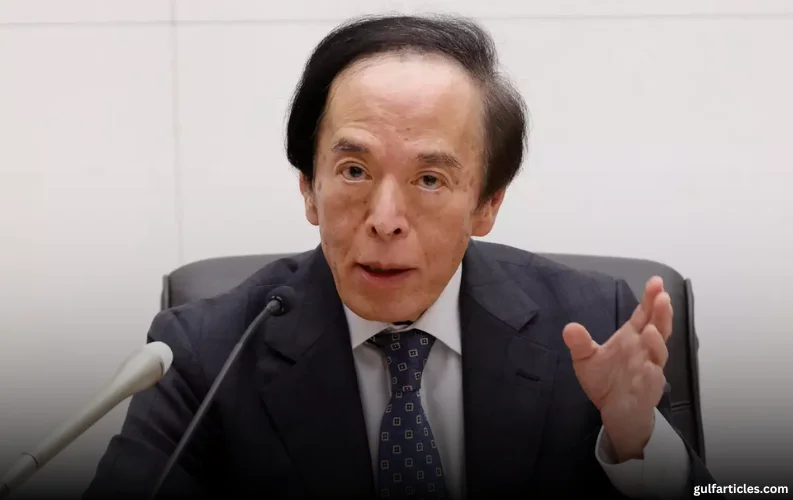Tokyo, Japan – Japan's core inflation reached 3.0% in February, marking the 35th consecutive month above the Bank of Japan’s (BOJ) 2% target, according to government data released on Friday. The steady rise in consumer prices is fueling expectations that the central bank may tighten monetary policy further in the coming months. The increase in the core Consumer Price Index (CPI), which excludes fresh food costs, exceeded the market’s median forecast of 2.9%. While the figure represented a slight slowdown from January’s 3.2% gain—largely due to government fuel subsidies—underlying price pressures remained strong.
Broader Inflation Trends Support Rate Hike Expectations
A key inflation measure that strips out both fresh food and fuel costs rose 2.6% year-on-year, accelerating from 2.5% in January. This marked the fastest pace of increase since March 2024, signaling persistent inflationary pressure beyond energy and food prices.
"The strength in underlying inflation suggests that the BOJ could hike rates at its next meeting in May," said Marcel Thieliant, head of Asia-Pacific at Capital Economics. "However, uncertainty over U.S. tariffs may delay a move until July. Regardless, inflation trends indicate that the BOJ will tighten policy more aggressively than many anticipate."
Household Costs Continue to Climb
Japanese households are grappling with rising living expenses:
- Vegetable prices surged 28% year-on-year
- Rice prices climbed 81.4%
- Electricity bills increased by 9%
Meanwhile, services inflation slowed slightly to 1.3% in February from 1.4% in January, reflecting a more gradual pass-through of labor costs by businesses.
BOJ's Policy Path Forward
The latest inflation data will be a key factor in the BOJ’s upcoming monetary policy review, scheduled for April 30 - May 1. The central bank, which raised interest rates to 0.5% in January—its first hike in over a decade—has signaled a willingness to continue tightening if inflation remains persistently above target, supported by wage growth.
A recent Reuters poll showed that over two-thirds of economists expect the BOJ to raise rates to 0.75% in the third quarter, most likely in July, as the central bank moves cautiously to balance economic stability with inflation control.




















